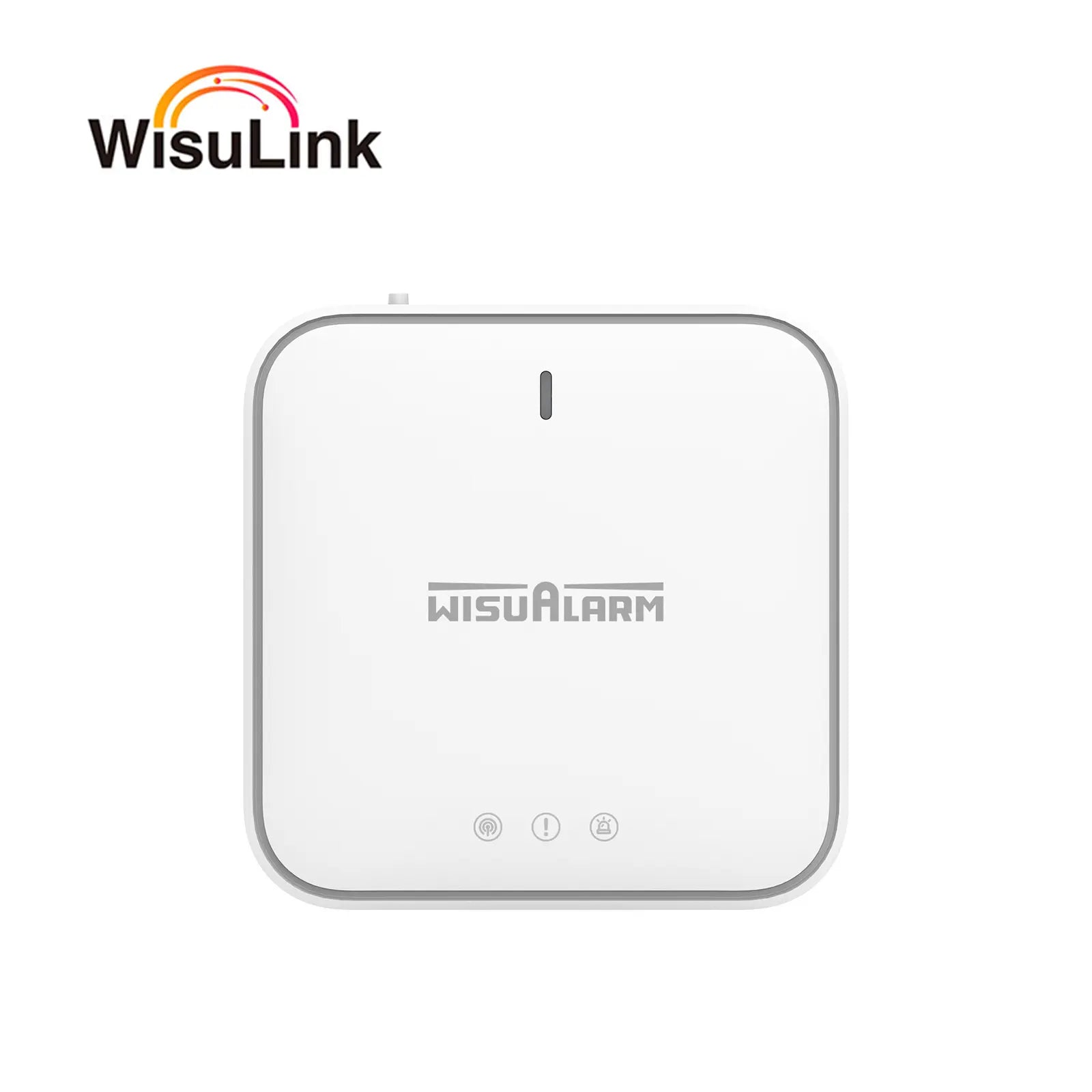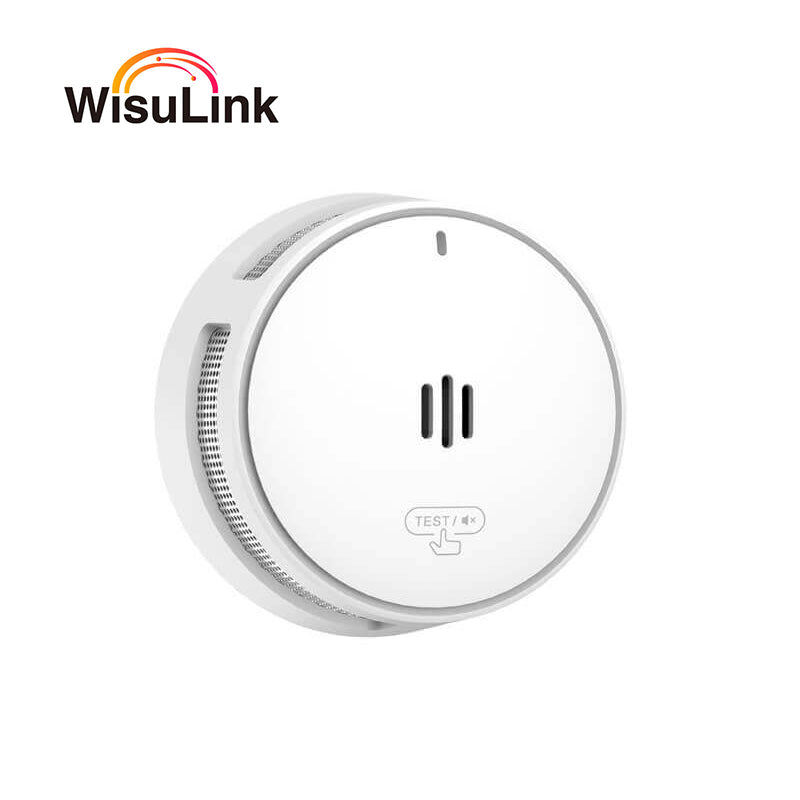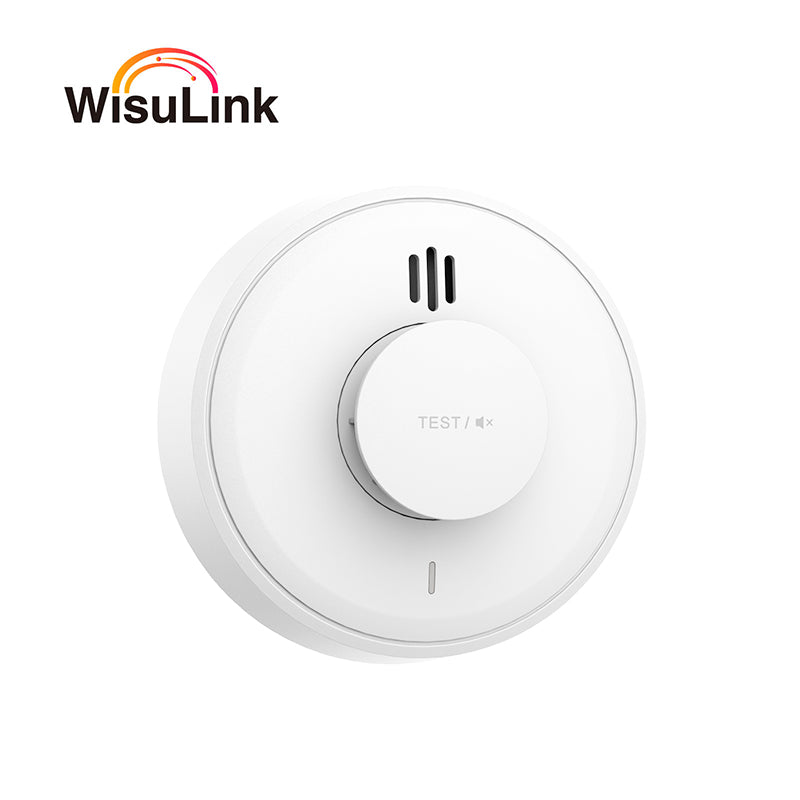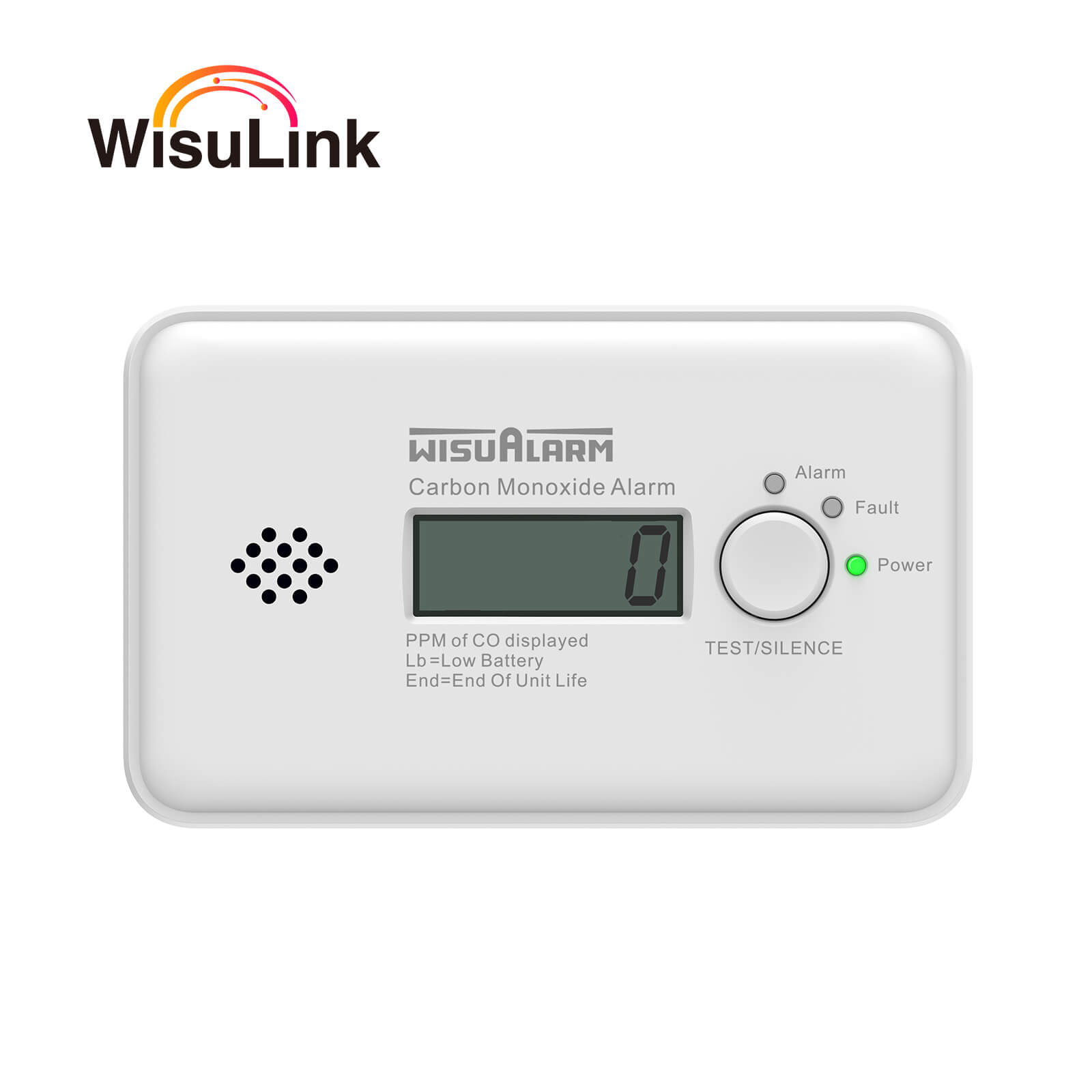Where Does Carbon Monoxide Accumulate In The Room?
Carbon monoxide (CO) is often called the "silent killer"—a colorless, odorless, and tasteless gas that can be fatal. It is a byproduct of incomplete combustion of carbon-containing fuels (like gas, oil, wood, and kerosene). Given its insidious nature, understanding where it accumulates in a room is crucial for effective prevention. Does CO Sink or Rise? Clearing Up the Common Misconception A widespread myth suggests that carbon monoxide, like carbon dioxide, sinks to the floor because it is heavier than air. This is inaccurate. Molecular Density: Pure carbon monoxide ($CO$) has a molecular weight of approximately $28.01 \text{ g/mol}$, while the average molecular weight of dry air is approximately $28.97 \text{ g/mol}$. This means that pure CO is actually slightly lighter...















































































